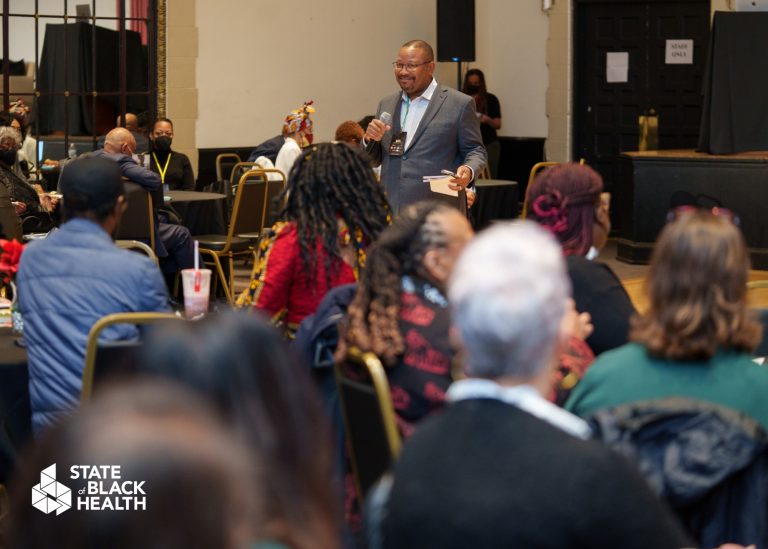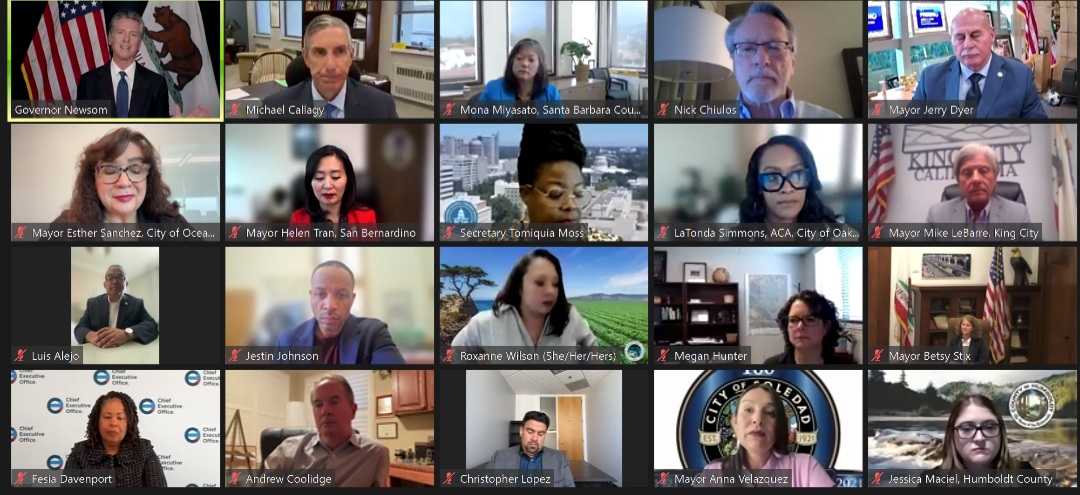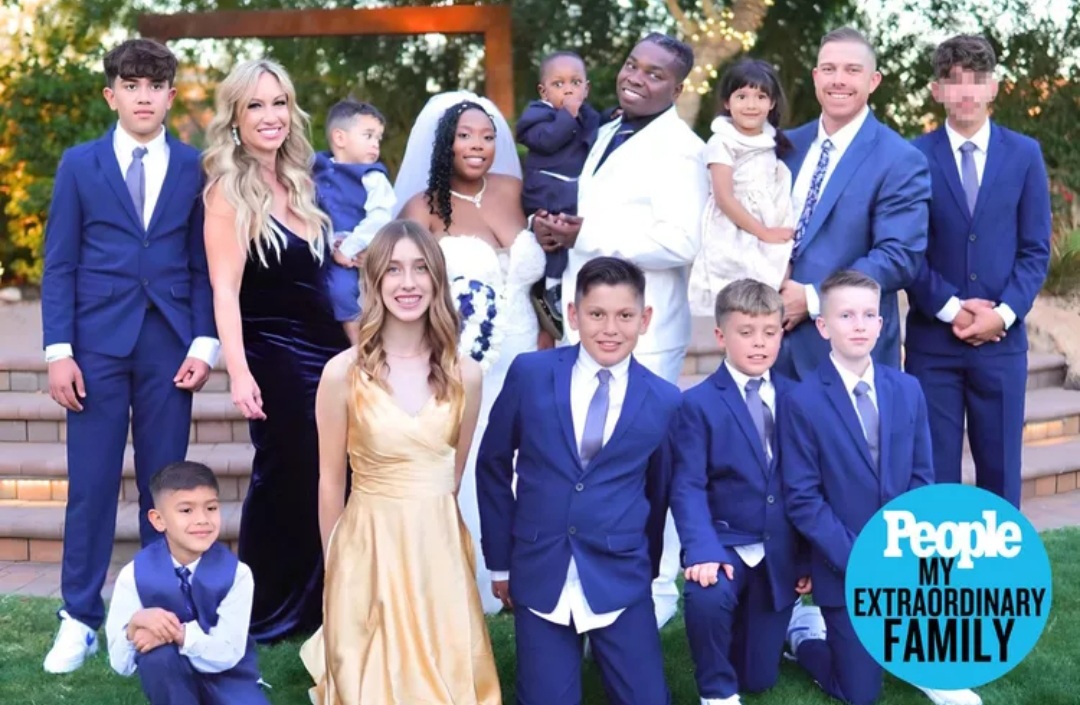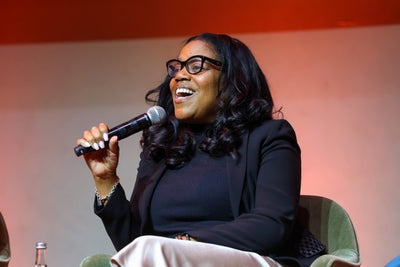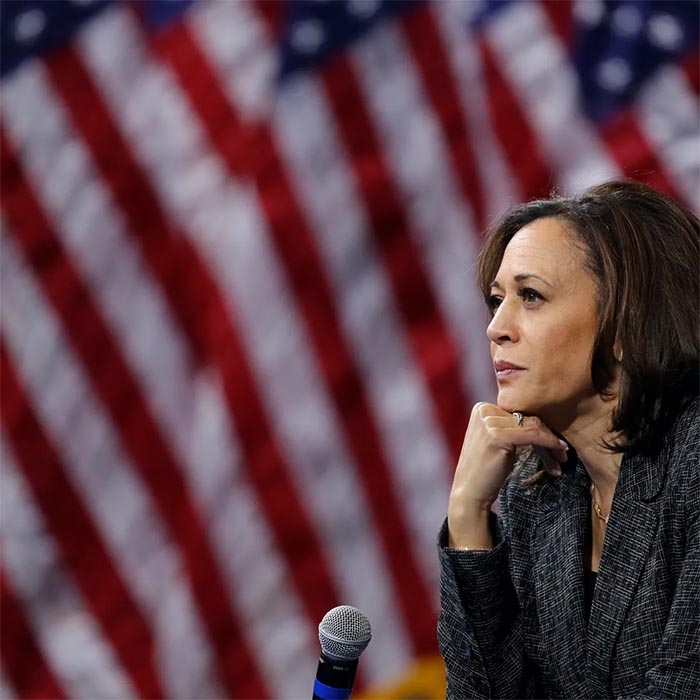
Manny Otiko | California Black Media
This Wednesday, when Supreme Court Justice Sonia Sotomayor swears in former California Sen. Kamala Harris as vice president, she will make history for several reasons. Harris – who was born in Oakland and spent part of her childhood in Berkeley — will become the first woman and the first person both of Black and Asian descent to assume the second-highest political office in the United States.
“With just a few days left, I am anticipating seeing Kamala raise her hand and take the oath to become the most powerful woman in American history. I am so honored. She is ready and able. And she is a sister, a good friend and an inspiration to so many people here in California and to so many more Americans,” said Amelia Ashley-Ward, the publisher of the San Francisco Sun Reporter, the city’s largest and oldest African American newspaper.
Ward, who has been friends with Harris for decades now, says it seems “like yesterday” when Harris began running for district attorney 18 years ago. At that time, people in San Francisco told her to drop out because she was not prepared.
“It was unheard of in this city for a Black woman to challenge the status quo and win. She did it and remained true to who she is,” said Ward. “From district attorney to attorney general to United States senator, to running for the presidency, then becoming vice president. I will be watching, inspired, and in tears, with a heart full of joy.”
As Harris, who has represented California in the Senate for four years now, prepares to ascend to the vice presidency, she enters the White House at a time when the country is fraught with division and uncertainty. A raging pandemic has been sending shocks through the economy over the past 11 months. And the country is unsettled in the throes of an ongoing reckoning on race expressed partially by riots that erupted last summer after a Minnesota police officer violently killed George Floyd, an unarmed Black man. On top of those crises, far right-wing groups, which have been resurging across the country for more than a decade now, have been organizing protests with threats of violence opposing the election of Vice President-elect Joe Biden and Harris.
On Jan. 6, a violent mob of President Donald Trump’s supporters, including some trained military personnel and law enforcement officers, stormed the U.S. Capitol.
The violent riot resulted in five deaths, including the murder of a police officer, the evacuation of members of the U.S. Congress and significant damage to the historic building.
As a result of the mayhem at the site where Biden and Harris will be sworn in, the inauguration is being held under tight security. Some 20,000 national guard troops have descended on Washington, D.C., to harden the city and the Capitol building against potential attacks. Much of the National Mall will be closed on Inauguration Day. D.C. Mayor Muriel Bowser has told people to stay away from the inauguration because of COVID-19. She also asked federal authorities to cancel demonstration permits for security reasons.
Harris, who has said she supports having the swearing-in ceremony outside of the Capitol despite security concerns, says Americans should not be defeated by the people who attacked the building that symbolizes American democracy around the world.
“No matter what challenges we face, democracy will always win,” Harris tweeted last week.
This year’s scaled-back inauguration will be broadcast on TV and online and includes a number of events leading up to the main ceremony, including a virtual “We The People” concert hosted by actors Keegan-Michael Key and Debra Messing that was held Sunday night. On Martin Luther King Day, a “National Day of Service” featuring speakers and encouraging people to volunteer across America was held. On the day before Harris and Biden are sworn in, a lighting ceremony is being held in Washington, D.C., and across the country to honor Americans who have died of COVID-19.
Becoming vice president of the United States is the culmination of a long political journey for Harris, whose father immigrated from Jamaica. Her mother, who is now deceased, was an immigrant from India. After completing two terms as district attorney of San Francisco in 2011, Harris was elected California attorney general in 2010, becoming the first African American and first woman to serve in the role. Harris was also the first person of South Asian descent to be elected to the United States Senate when she was sworn in as the junior United States Senator for California in 2017. At the time, she also made history as the second African American woman to serve in the Senate after Carol Moseley Braun, who represented Illinois from 1993 to 1999.
In the U.S. Senate, Harris served on the Homeland Security and Governmental Affairs Committee, the Select Committee on Intelligence, the Committee on the Judiciary and the Committee on the Budget
Harris is married to attorney Doug Emhoff, who is based in the Los Angeles area and will become a law professor at Georgetown University when he moves to Washington with Harris this week. Emhoff, who is Jewish, has two children from a previous marriage.
Rep. Karen Bass (D-CA-37), who was chair of the Congressional Black Caucus (CBC) until this month, looked at Harris’s record. She said Harris has “fought long and hard on behalf of Californians everywhere both in Washington, D.C. and Sacramento.”
Harris was a member of the CBC until Monday afternoon when she turned in her letter of resignation to Gov. Newsom.
“Congratulations on becoming this nation’s first woman of color to be elected to serve as vice president,” Bass said in a statement. “Your tenacious pursuit of justice and relentless advocacy for the people is exactly what this country needs right now. California is better because of your work as attorney general and stronger because of your work as a senator. Now, all Americans will benefit from your work as vice president. We know you will make us proud as you always have.”
